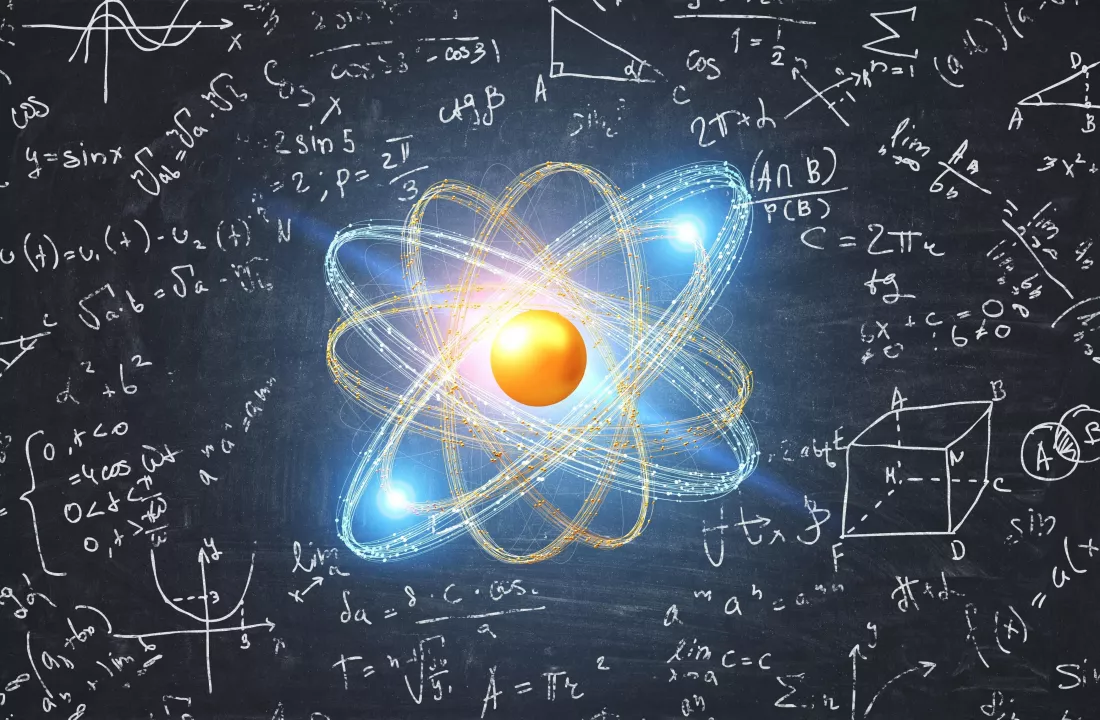
The first-cycle program in Physics at Uniwersytet Jana Długosza offers students a path into specialized scientific fields. This full-time, three-year course aims to provide a comprehensive understanding of physics, built on a strong foundation of mathematics and natural sciences. Beyond general academics, the curriculum is designed to develop practical skills in using modern diagnostic systems and processing complex information. Students choose their specialization at the outset, focusing their studies on either the critical field of nuclear safety or the rapidly advancing world of nanotechnology.
The core objective of the undergraduate studies is to equip students with general knowledge in the field of physics. This is supported by solid foundations in mathematical and natural sciences. The program emphasizes the ability to understand and accurately describe physical phenomena.
A significant part of the curriculum involves learning to use modern measuring equipment and technical diagnostic systems. Students are trained in gathering, processing, and transmitting information within the natural sciences, particularly in physics and technology. Additionally, the program places special emphasis on language proficiency.
Graduates are expected to achieve a B2 level in a foreign language according to the Common European Framework of Reference for Languages. This includes the ability to use specialized technical foreign language relevant to physics. Students also have opportunities to receive scholarships to study abroad under the Erasmus+ program.
Students select their specialization during recruitment. The Nuclear Safety and Radiological Protection track prepares individuals for roles in private and public sectors related to supervising compliance with radiological protection requirements. This involves activities related to the use, production, and handling of radioactive sources and devices generating ionizing radiation.
The first two semesters cover general education in the exact sciences. Specialized subjects begin in the third semester. The curriculum delivers both theoretical and practical knowledge necessary for work as a radiological protection inspector. A strong emphasis is placed on the practical aspects of the discussed issues, allowing students to gain required experience in radiation exposure.
Completion of this specialization exempts graduates from the need for additional training. It allows them to take the state examination for Radiological Protection Inspector, after prior approval by the President of the State Atomic Energy Agency.
Graduates of this specialization are prepared for work in various facilities. These include:
Government agencies responsible for nuclear supervision.
The metallurgical and mining industries.
Research units using ionizing radiation.
Institutions dealing with dose control and calibration of dosimetric devices.
Institutions that test the tightness of radioactive sources.
Companies providing services in shielding projects for various laboratories.
Companies supervising compliance with radiological protection principles.
Future nuclear facilities, in personnel roles responsible for radiological supervision.
The Nanotechnology specialization is designed to meet the interests of young people wishing to pursue an attractive career in the European market. The aim is to educate graduates in physics with professional knowledge in solid-state physics and modern materials on a nanometric scale.
The curriculum focuses on materials with industrial applications, exploring their structural, electronic, optical, and magnetic properties. Specialization classes, which also begin in the third semester, cover topics such as the physical foundations of nanotechnology, nanostructure technology, and computational nanotechnology.
In addition to lectures and seminars, students participate in laboratory classes. These sessions allow them to familiarize themselves with methods of nanostructure fabrication and various structural research techniques.
A graduate of the nanotechnology track develops skills in analyzing research problems related to nanomaterials and using modern research methods of solid-state physics. They also learn theoretical modeling of composite material structures and gain experience working in a team of specialists in research laboratories.
This specialization opens doors to employment domestically and abroad in various settings:
Specialized industrial and research laboratories.
Emerging companies implementing innovative technologies.
Science and technology parks.
Advanced technology centers.
The three-year (six-semester) full-time Physics program at Uniwersytet Jana Długosza culminates in a Bachelor of Physics professional title. Graduates are prepared to continue their education in the second cycle in the field of Physics. They may also find employment in research and scientific institutions or in industries that require knowledge in the exact sciences.